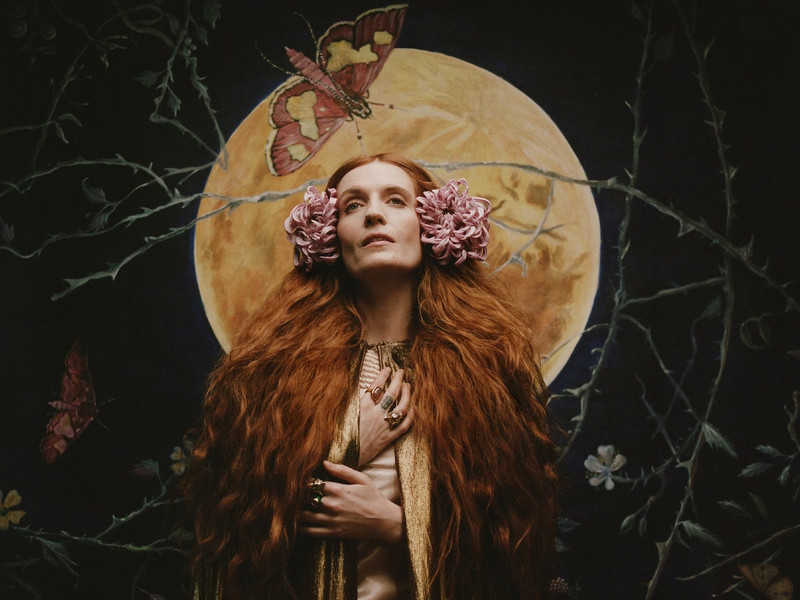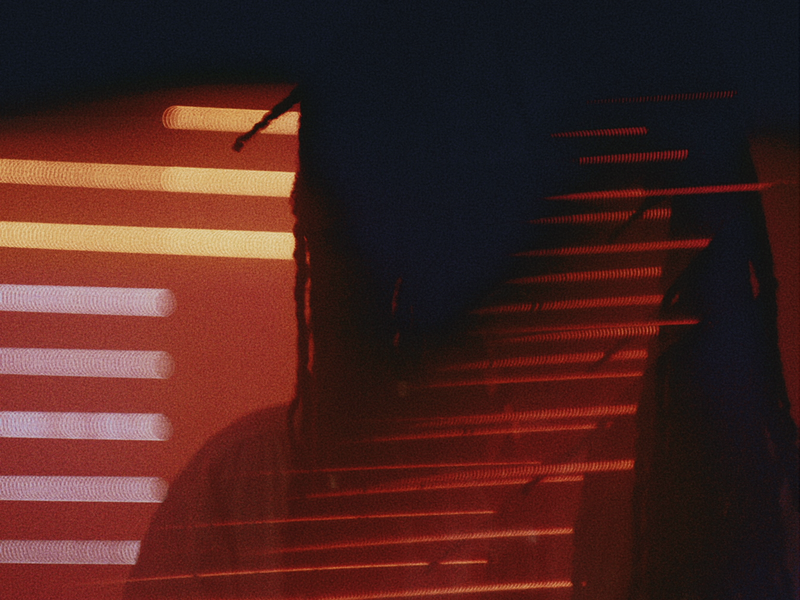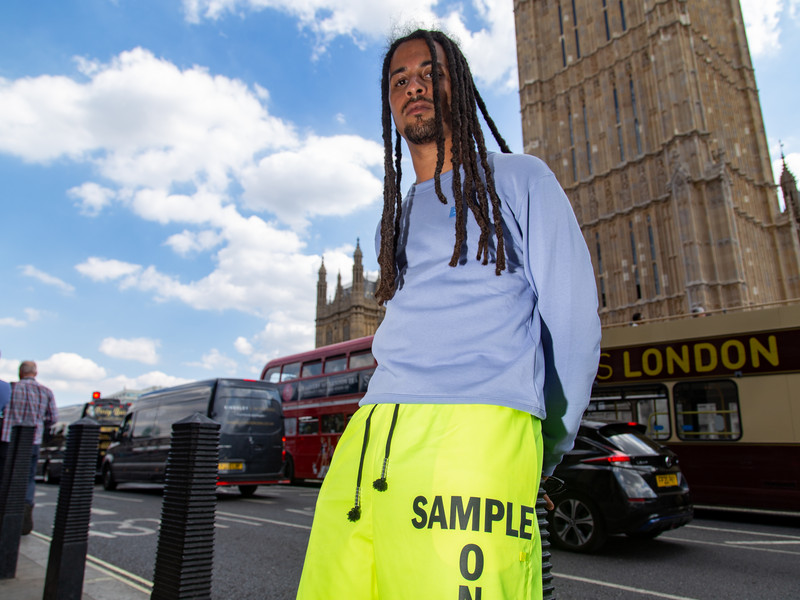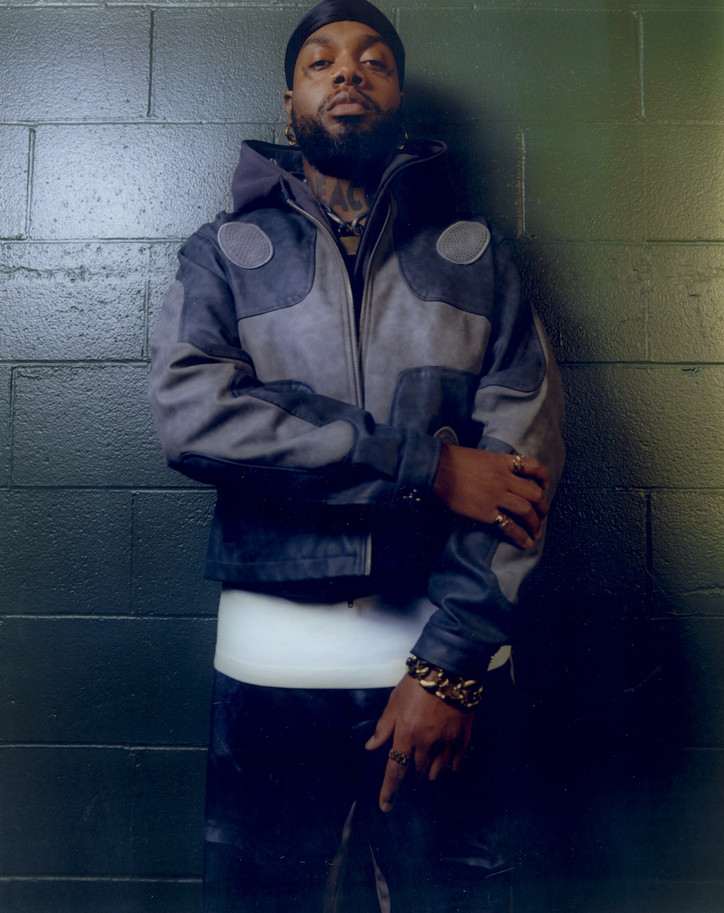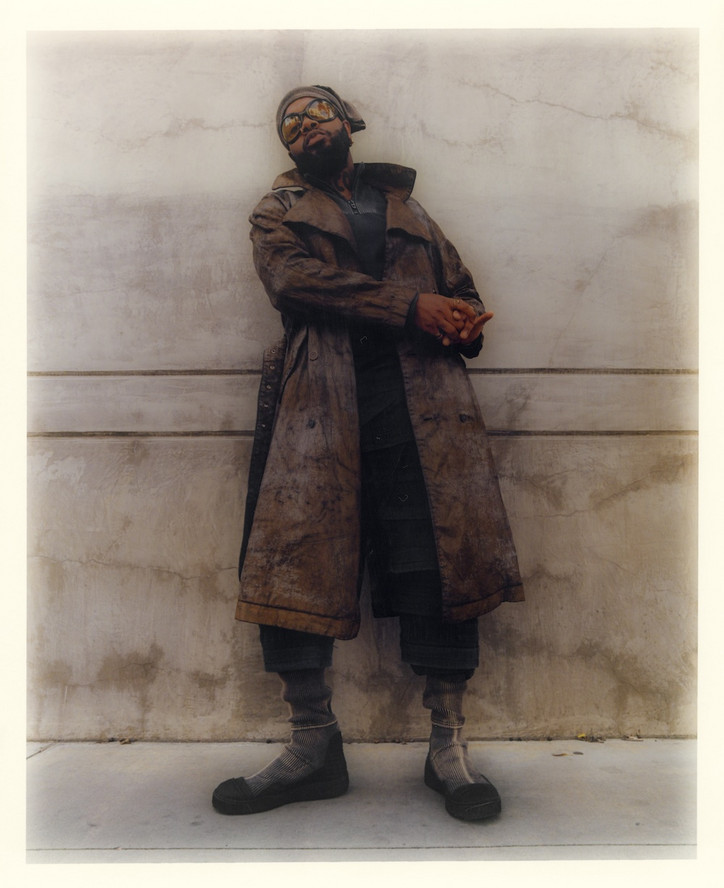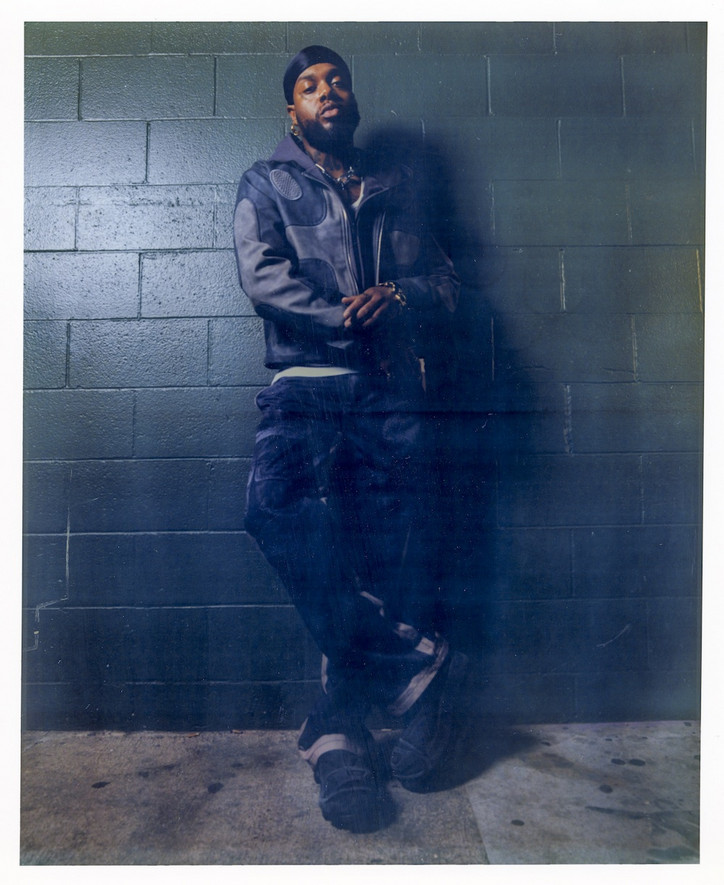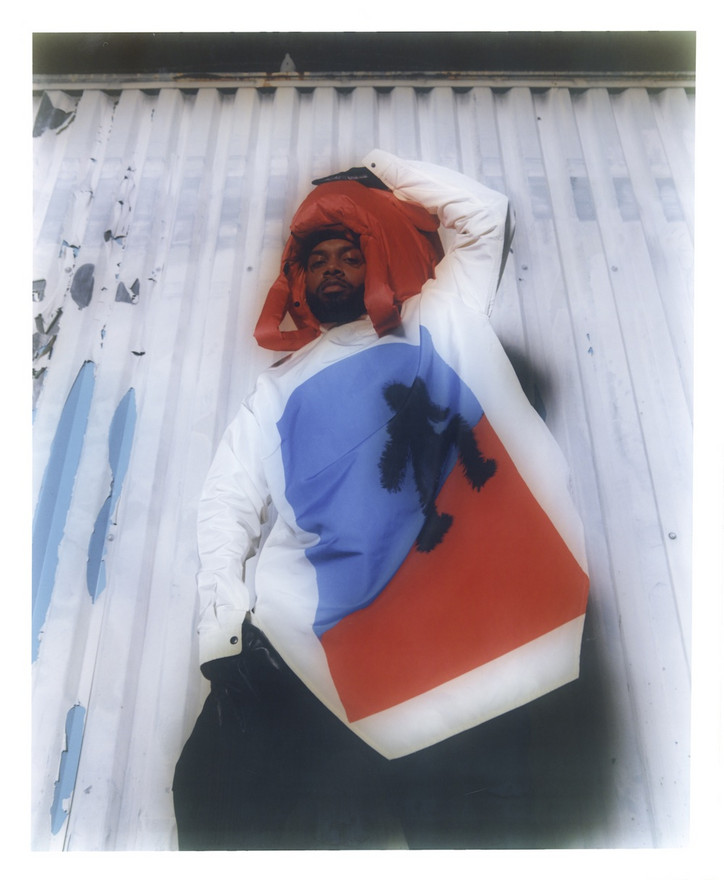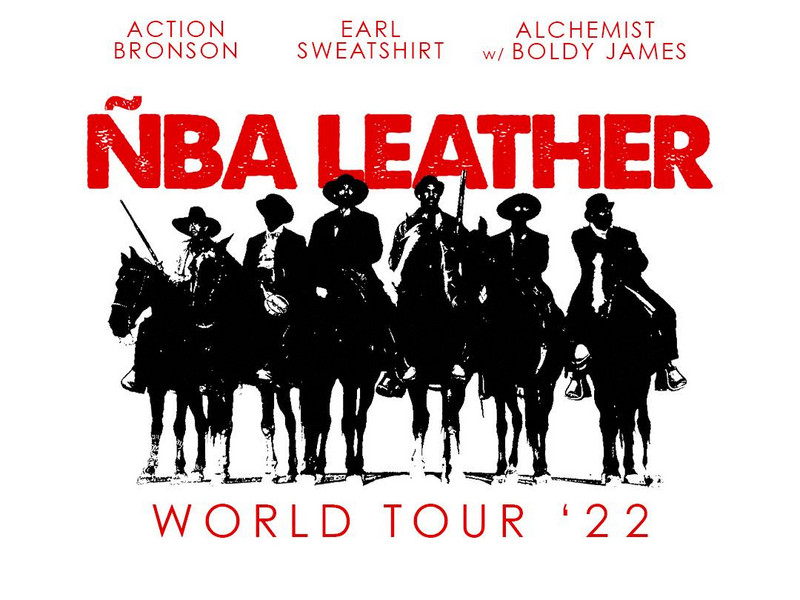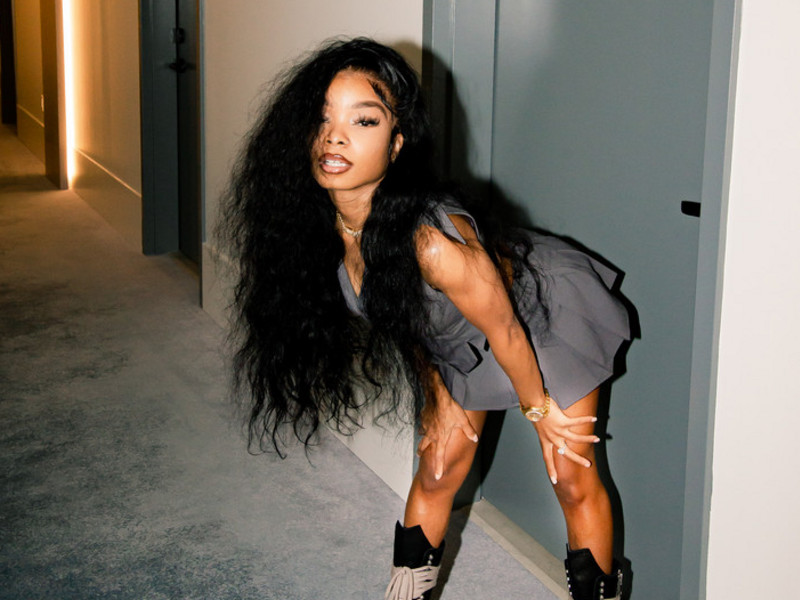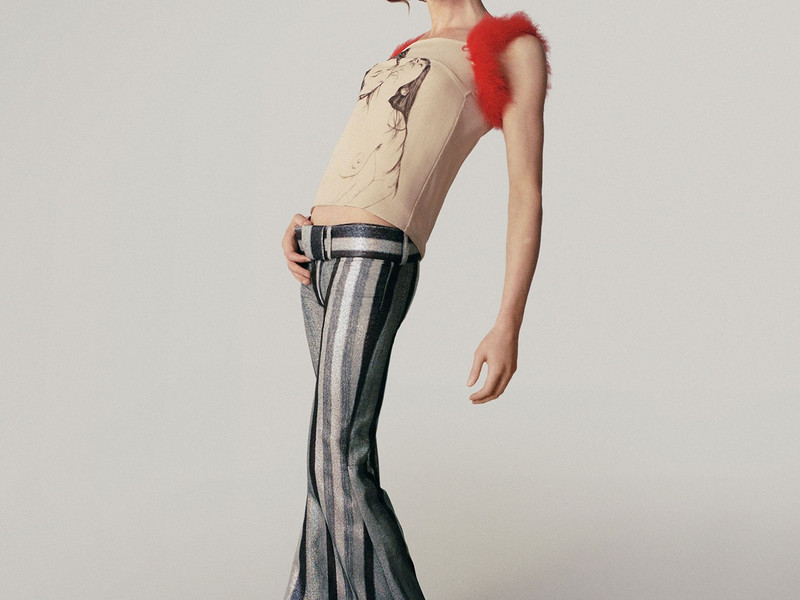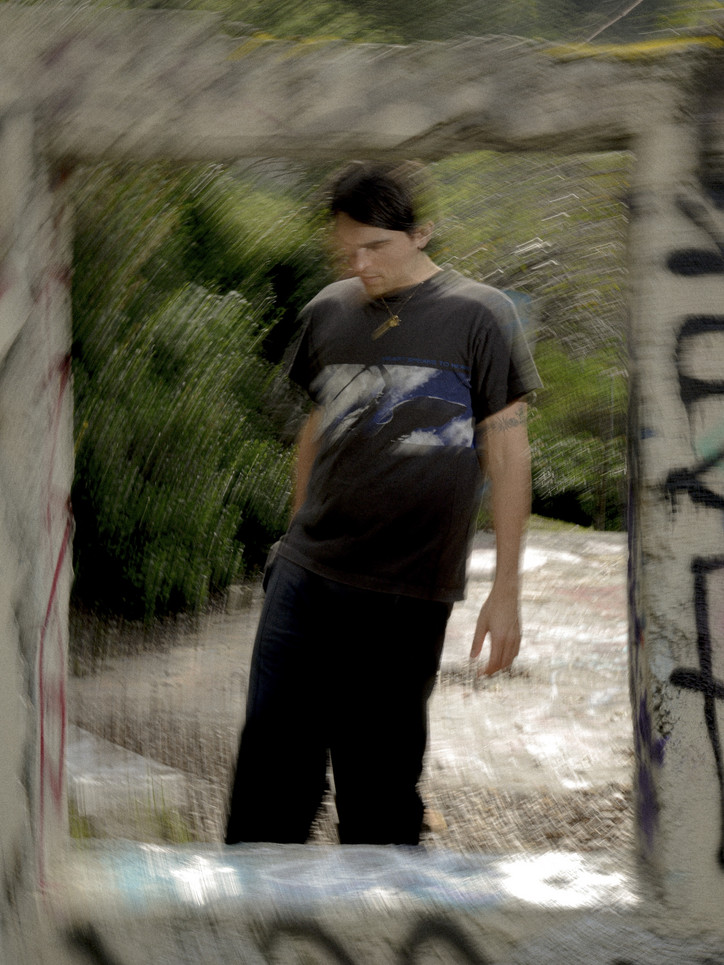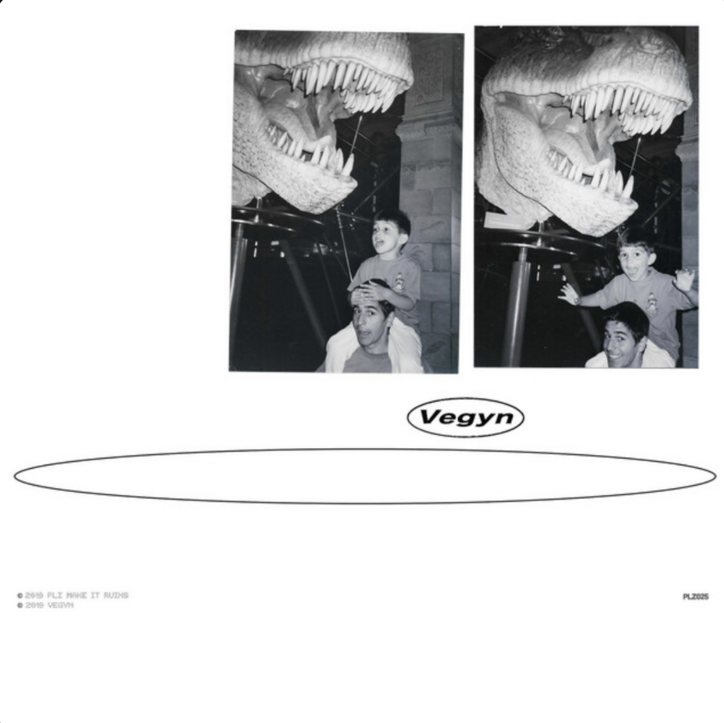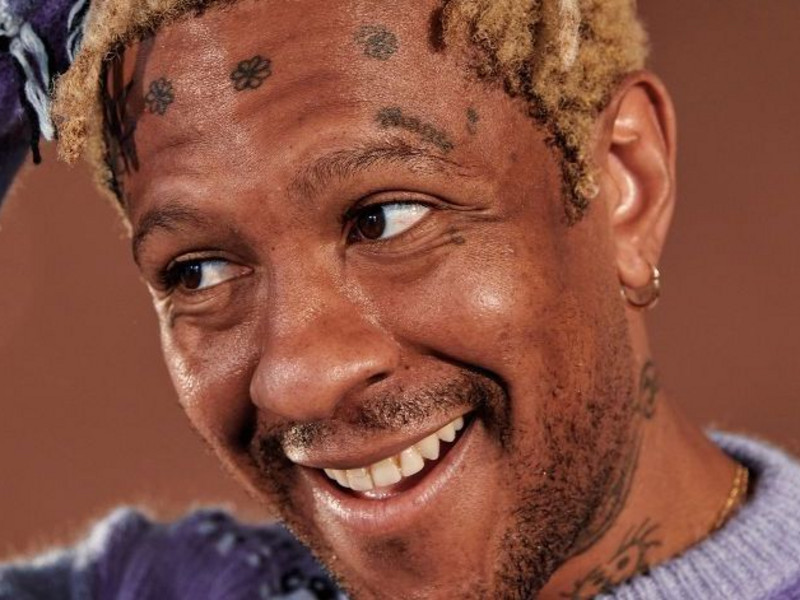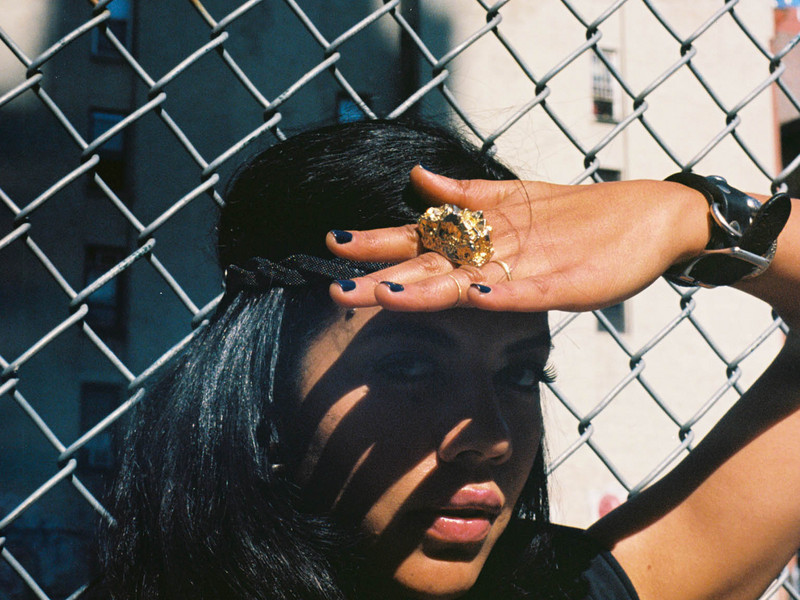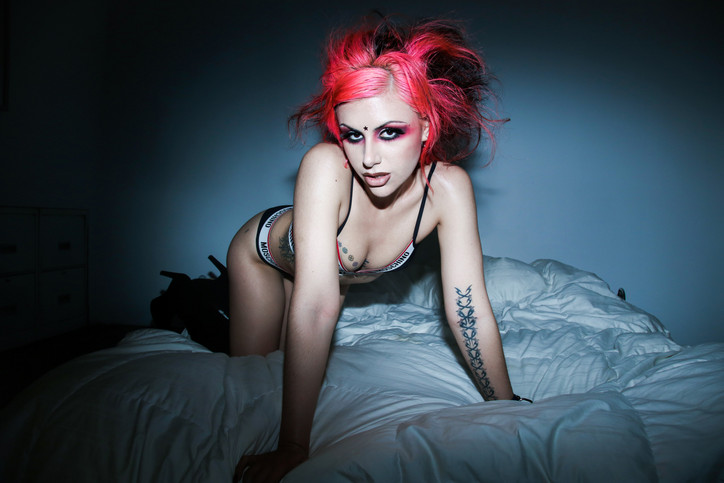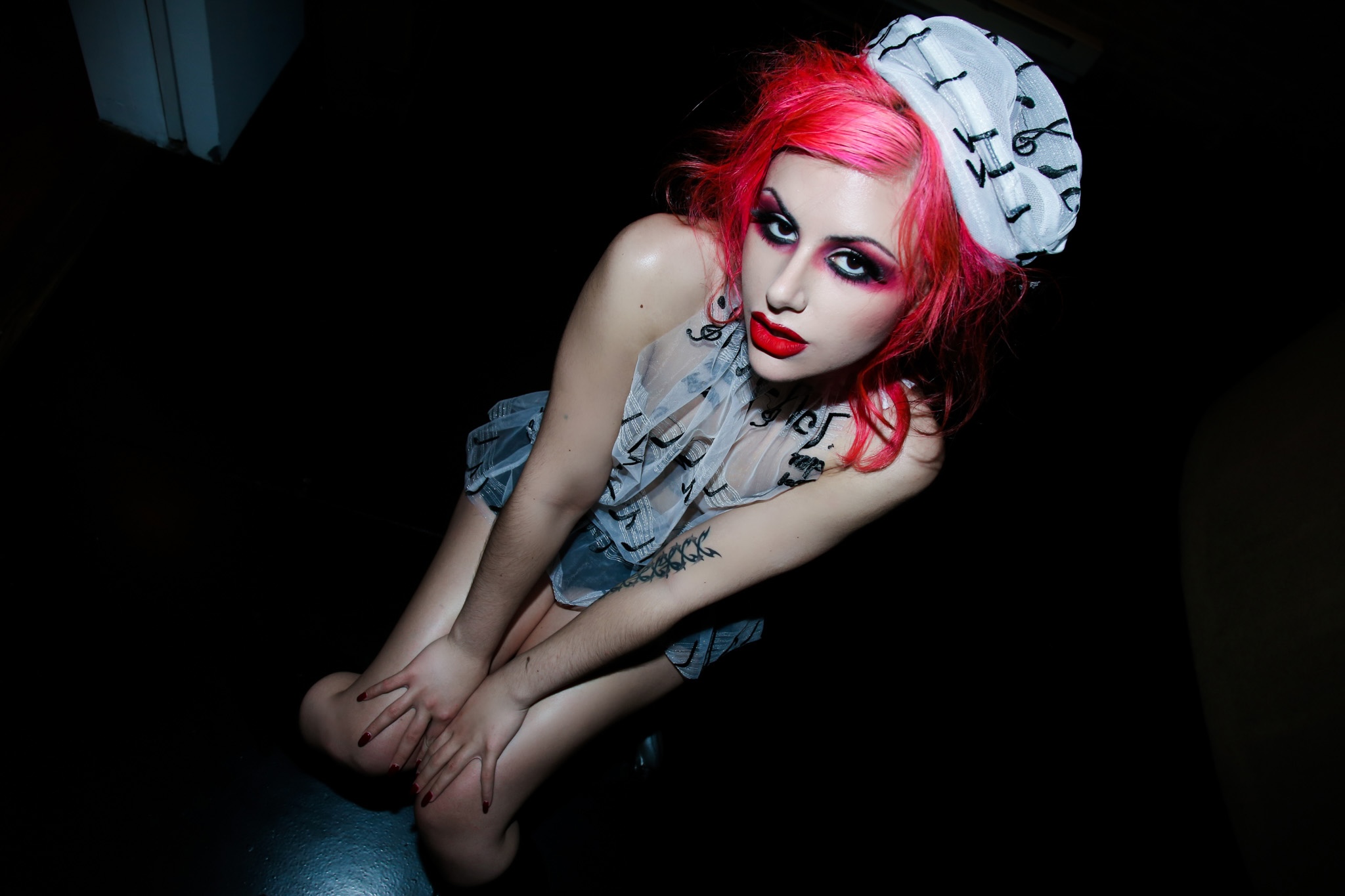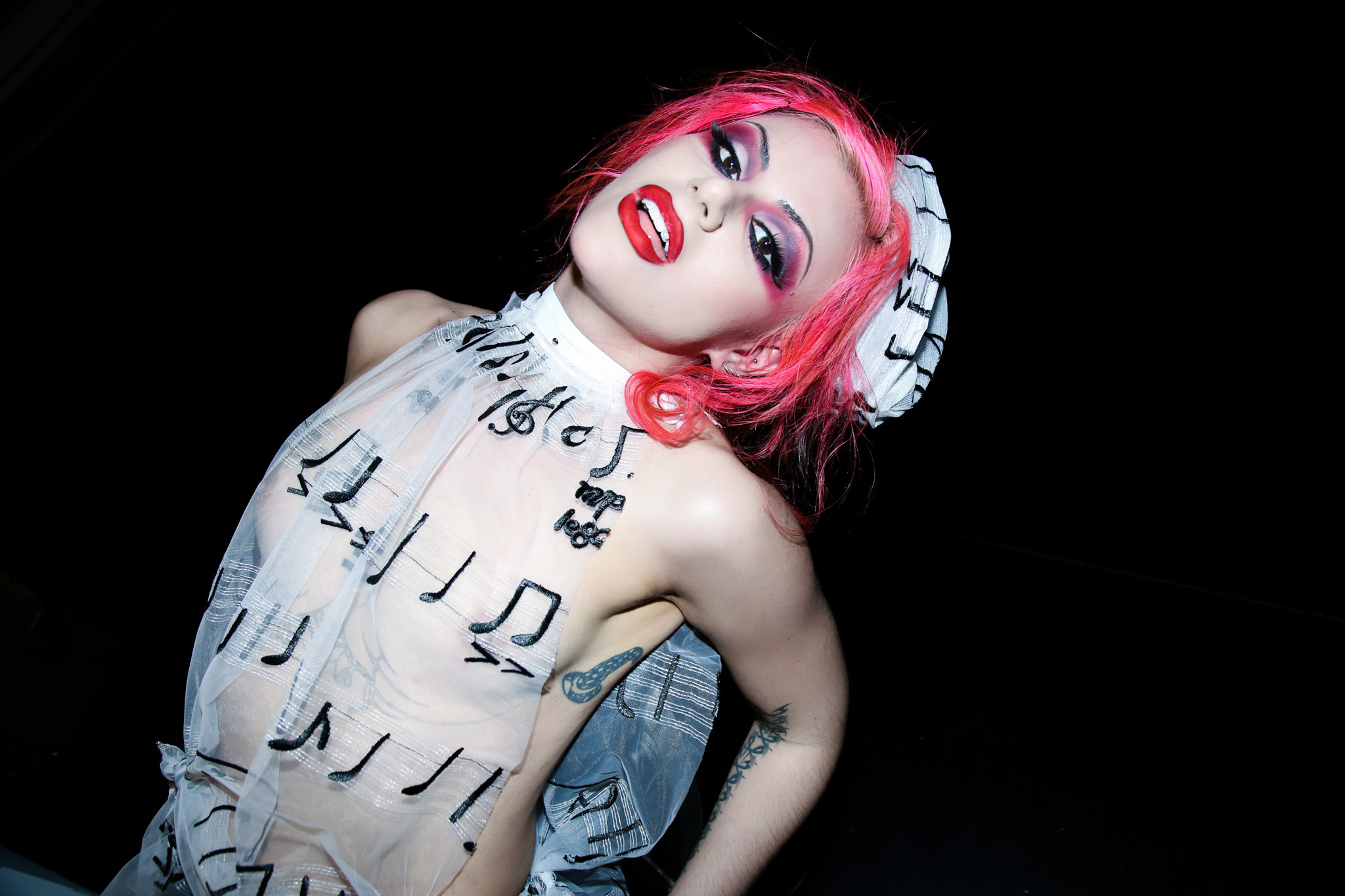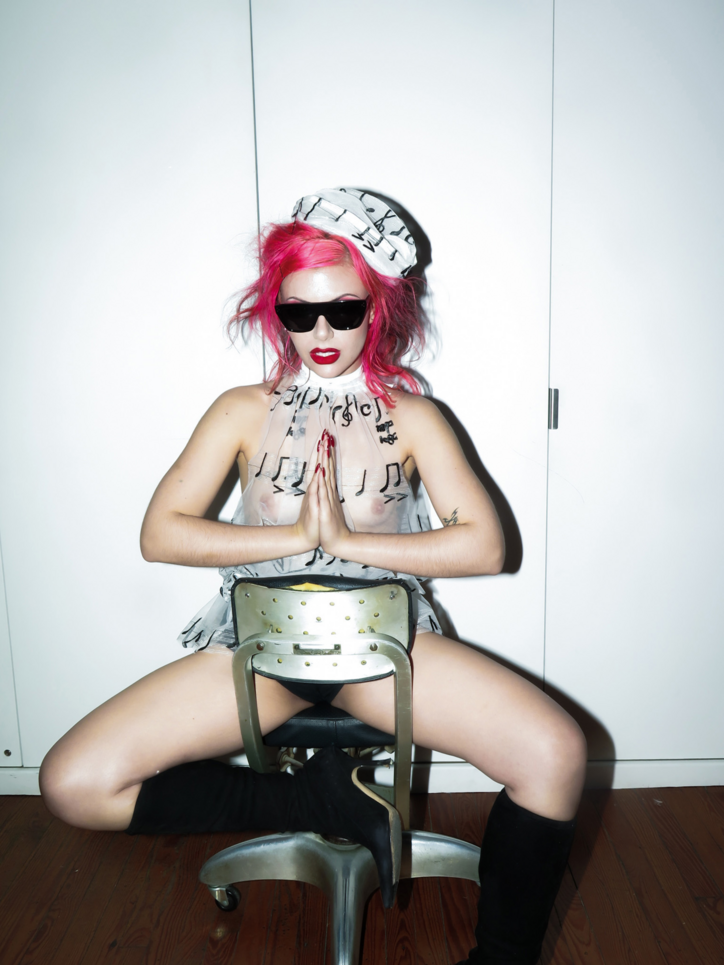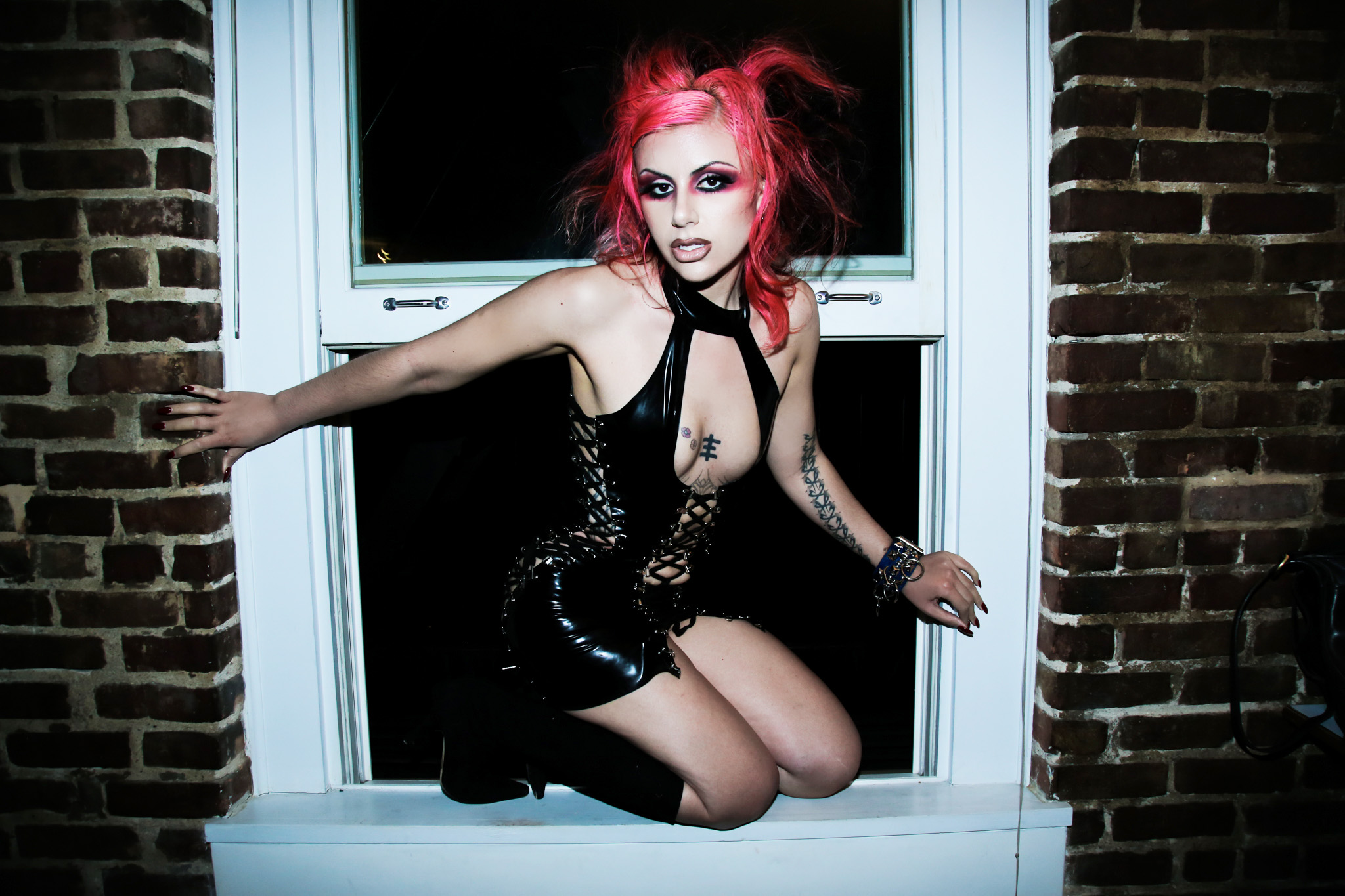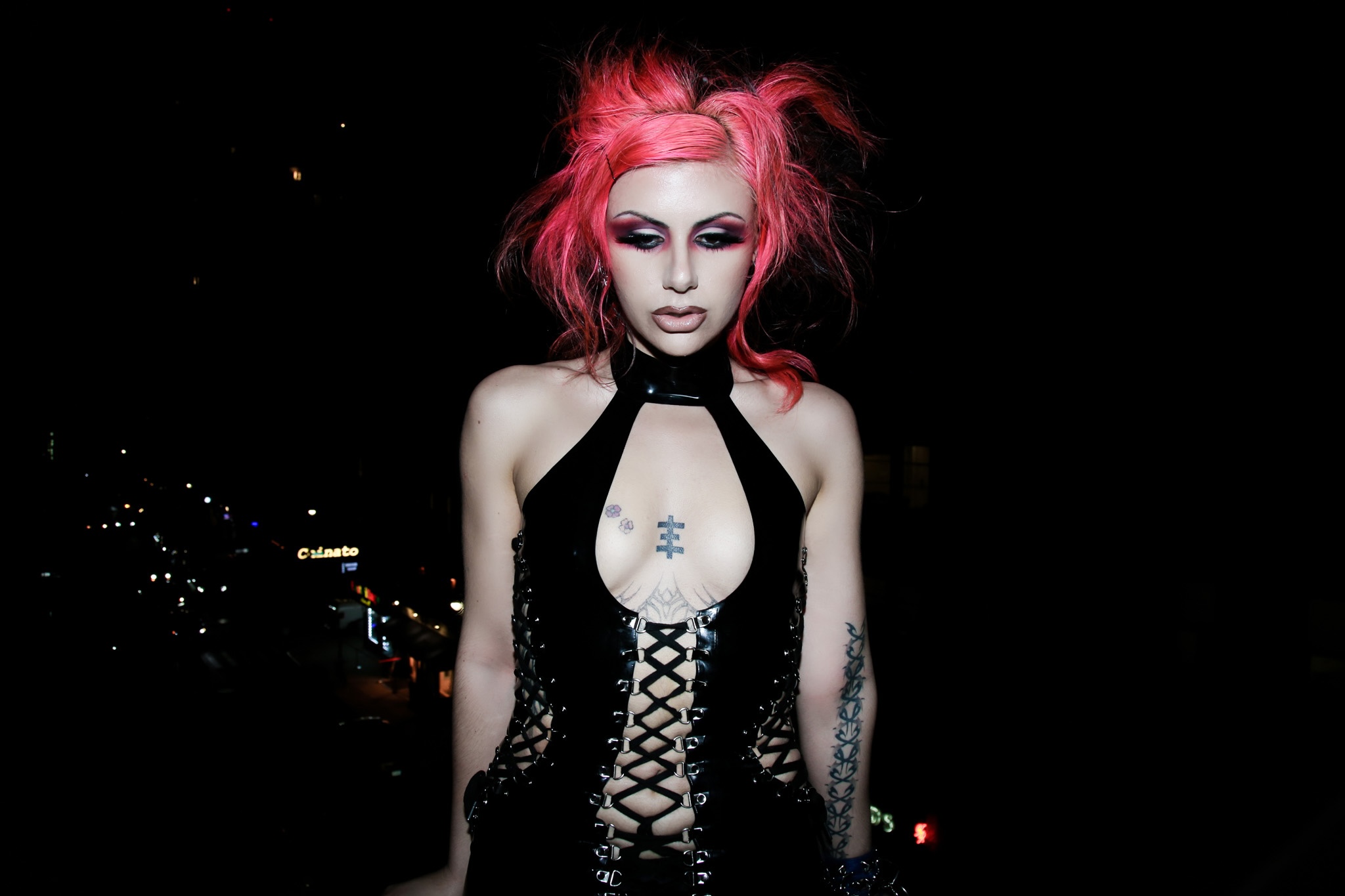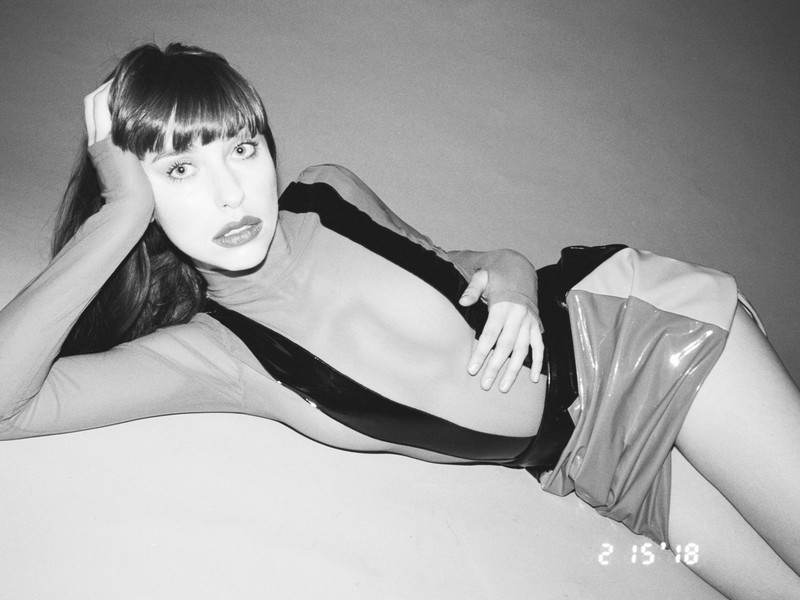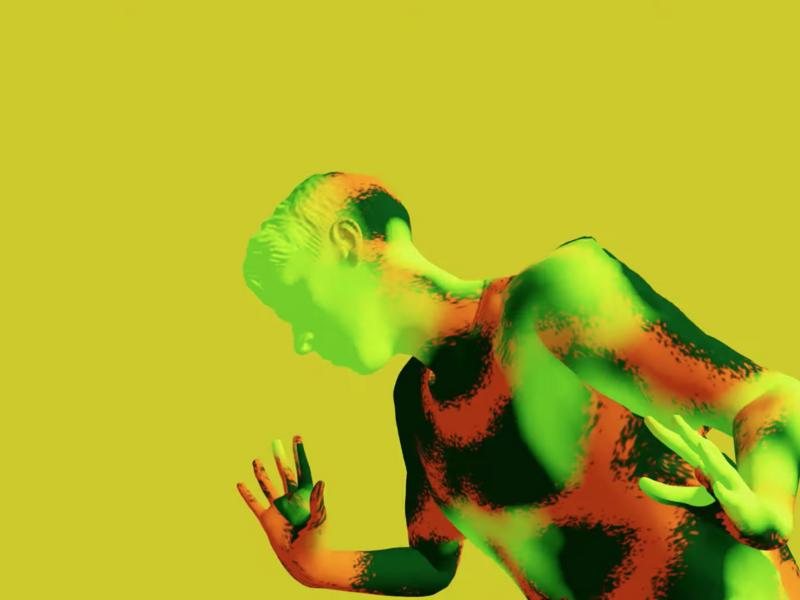My Finest Work Yet
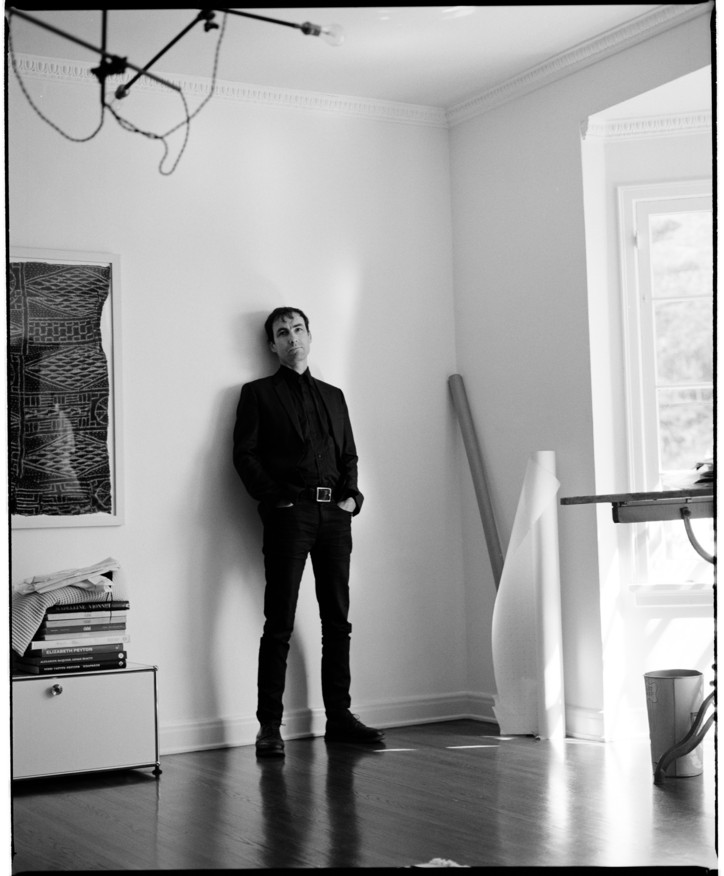
So, how’s your day been so far?
It’s been wet.
Oh really?
Yeah, my house is leaking.
Wow, that is wet.
I’ve been mopping up puddles all over the place.
Do you have any secret talents?
Well, gee. I’ve been playing violin since I was four years old — I learned to play music by ear. I went to conservatory but I still learned the classical repertoire as if it was folk music. I got into early jazz in my late teens and I started writing when I was working at a Renaissance Fair.
No way!
Yeah. I was the fiddling serf. I had drawstring pants and floppy pants and a floppy shirt and a floppy hat.
That’s quite the start.
Anyway, I couldn't play for a while and that's when I started writing. To master the violin, you have to practice at the exclusion of almost everything else, but before I got so serious about this one instrument, I was a more well-rounded, more interesting person. You know, fully committing your time and energy to one thing is what it takes to master that particular practice, but that kind of dedication can also be harmful because it limits your scope. Writing enables you to exercise a different set of skills, like creativity and critical thinking. That’s why I started writing.
You touched upon it earlier, but I heard that you are proficient in a range of instruments. I know you started off with the violin and I read that you even play the glockenspiel. Could you tell me a little bit about what drew you towards those specific instruments?
I didn't get into playing rock and roll by purchasing a guitar, or with the intention of bagging chicks or something like that, it truly stemmed from my obsession with the violin. The guitar is often considered the go-to for the troubadours because it doesn’t press up against your vocal cords, which is helpful for singing. Teaching myself how to play the guitar and the glockenspiel was just kind of something I stumbled on because my singing voice is very mid-rangy. It creates the same kind of frequencies, then the glockenspiel cuts through all the other sounds that I'm making, so I thought it was a nice way to expand the palette I was already working with. This is part of my identity as a musician; looping the same kinds of mid-range frequencies and to create some variation and texture. So with most of the instruments I play, learn as much as I need — except for the violin, which took years and years of suffering to master.
How did the single ‘Bloodless’ set the tone for the rest of your completed project?
It was that extra umph in terms of lyrics and overall message — ‘Bloodless’ is everything that I was trying to do. As far as the way it sounds, I'm into making records that you couldn’t replicate any other way, it would be impossible to go in and capture that sound again. My single is called ‘Bloodless’ because it harnesses the phenomena of the instruments bleeding into one another to create a single, unified, and harmonious entity. It's a really challenging thing to do. It goes against most conventional record-making techniques that have been practiced for the last forty years. That kind of stuff fascinates me. But as far as the lyrics go, I tried to strike that balance between metaphors, explicit reality, and the sense of the urgency behind the messages and content. That was the trick with this record — the material felt very urgent, very pressing, but if I didn’t find the perfect way to express it if the content was expressed too explicitly, or if the presentation was too on the nose, you run the risk of losing people. ‘Bloodless’ pushed that line as far as meaningful places and dates; there's a lot of references to what was happening in Spain in the thirties with fashion, and that goes a little bit further than I usually like to go. But sometimes, in order to really unpack something that's important, you have to push that line. But we nailed that song, it was the perfect encapsulation of what I was trying to say on so many levels, and I feel like we got it.
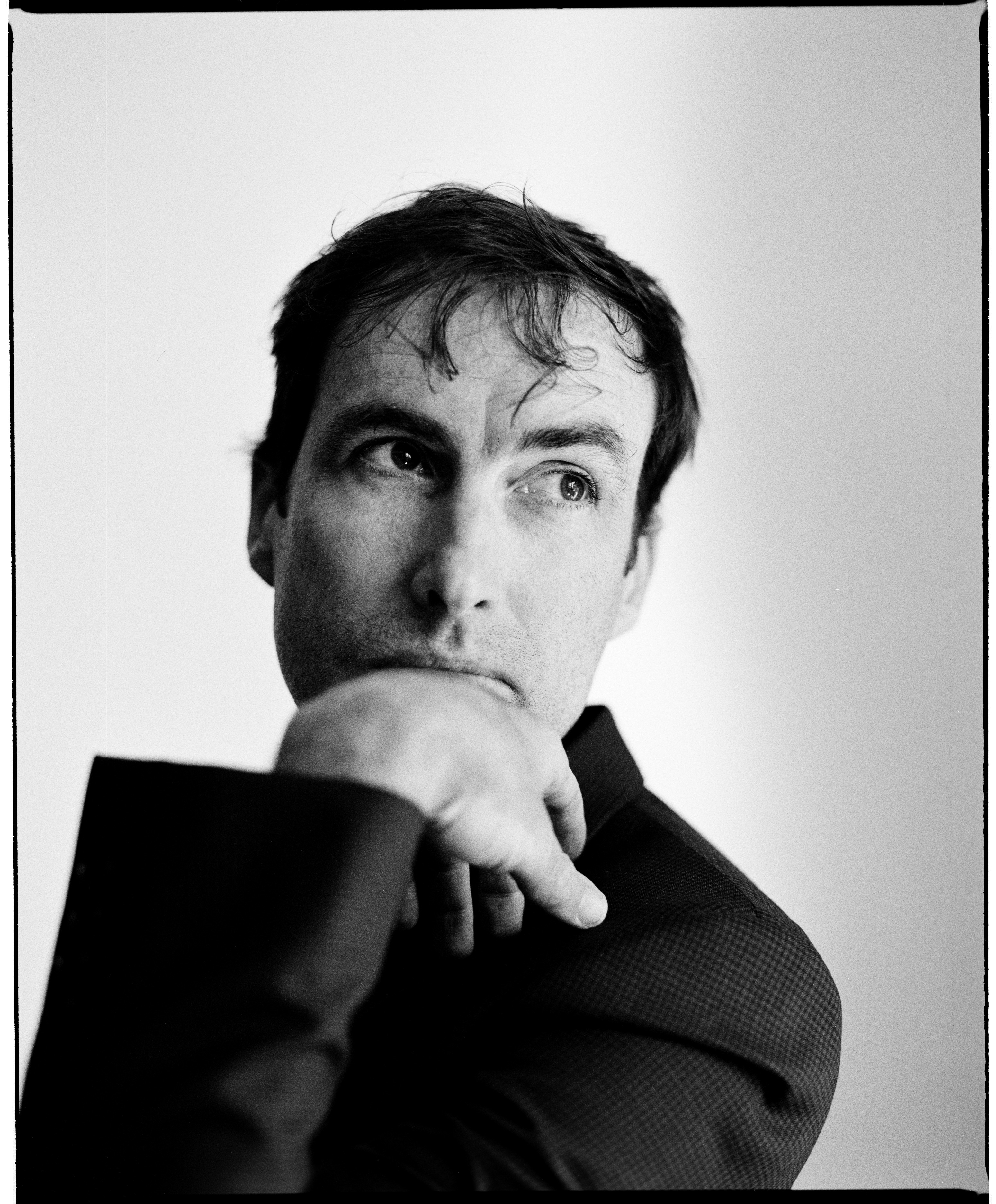
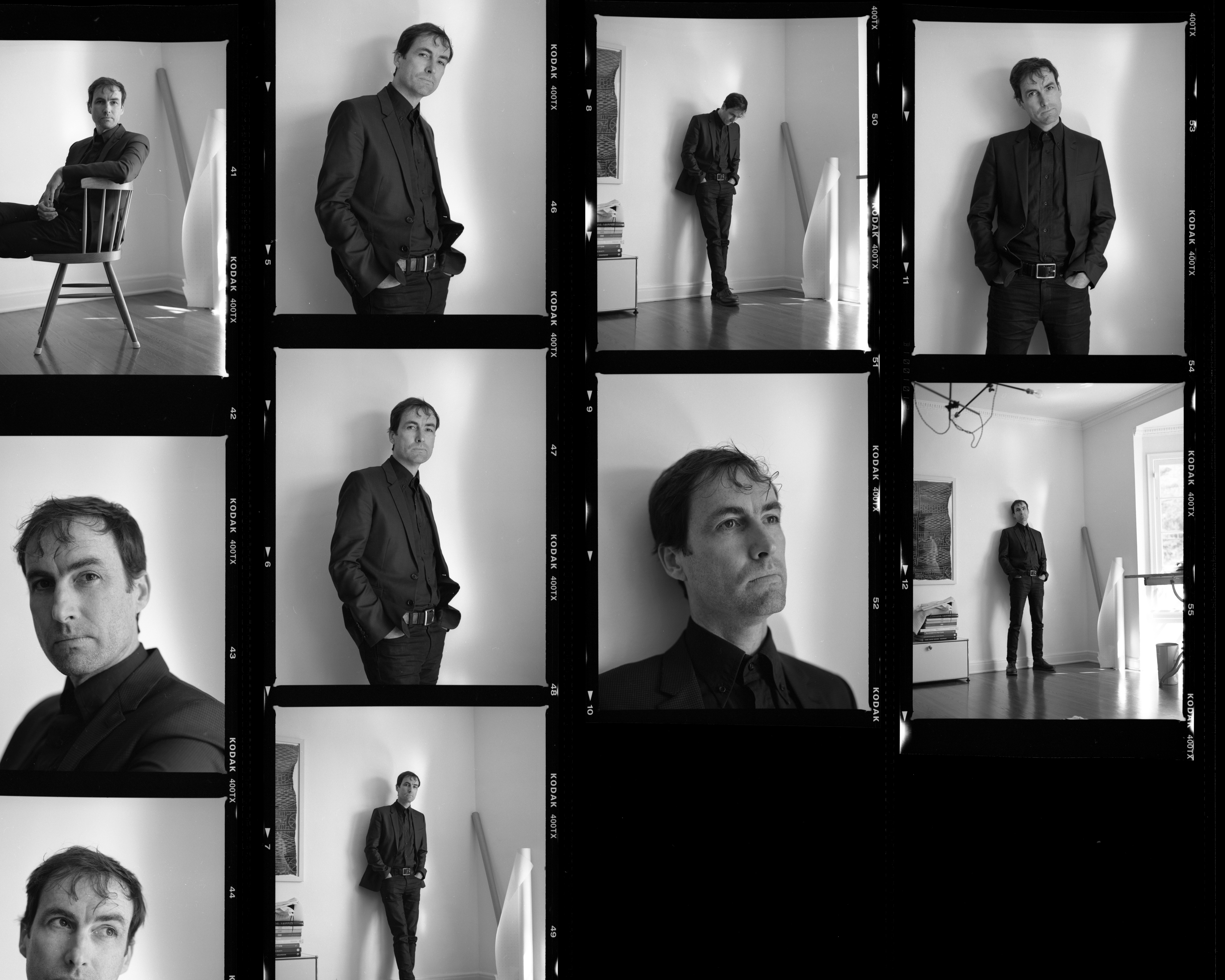
There were many hints of Greek mythology throughout this project. Can you speak to the inspiration that it served to you?
That was kind of accidental. I called one song Olympians and the other song Sisyphus, both of which refer to Greek mythology. I've always regarded certain moments in history as perspectives or points of reference to what’s happening now. If you refer to names and places that correlate to a specific moment in time, it becomes a current event, it becomes part of your newsfeed, information that you devalue, whether consciously or not, you know what I mean?
I think we need some perspective right now. I'm not insisting that people who listen to the songs would know right off the top on first listen, or be familiar with what I'm talking about, but it takes about three minutes to look it up. I stumbled upon this concept when I was thinking of the word 'precipice,' being on the edge of massive change, and crossing that threshold of change just a couple of centimeters away. There are all sorts of aspects you can pull out of certain moral scenarios from myth. What I chose to take from that particular story is that Sisyphus didn't have much choice. His punishment was to push his rock up the hill for eternity, so my propensity towards suffering is more voluntary than this situation. But it’s taught me about the individual, the community, and responsibility for what happens when you let the rock roll. What's the collateral damage. It's a lot to unpack. That's all.
I feel like a lot of your work revolves around a sort of holiness, perhaps even a higher power. What aspects of this project plays into this sort of higher power beyond yourself?
I like titles that operate on multiple levels. So, first of all, the project could be making a commentary on how we’re not exactly living in an age of discretion. Even I, who was raised in such a way that making such pronounced statements wasn’t very cool, partake in it. But I've made 14 records now, and you know, who am I kidding? Do you want to hear another poetic, obscure title to call this body of work, or should it just cut to the chase?
Call it what it is.
That being said, I feel like more and more I need to say things were clearly in my writing. I'm just sort of entertaining myself internally through this conversation with myself. But I'm projecting things outwardly, I'm thinking about who I am speaking to. With this record, there was a sense of urgency, but not a sense of duty — that was played out after the election. It was like a “call to arms” and people saying we have a duty as artists, then you're like wait a minute, I don't have a duty to anybody, but it’s important to be receptive to what’s going on in the world around you. There's this sense of urgency and heaviness and importance that I kind of had to tamper with.
We live in a time where it's more dangerous to not say something than to say something.
I don't think it does any good to say that people just “don't get” a song because lyrics aren’t the end-all and be-all of generating meaning, they’re just one of many ways in which the artist communicates. I think 2019 is just a tricky time to write a song with a message in comparison to hiring a songwriter to verbalize a feeling or an idea. People are so jaded and very sensitive, whether consciously or subconsciously, to the feeling of being talked down to or preached to. The only songs that I've heard out there that are getting to the gatekeepers, the only songs getting on the radio, that possess any hint of social consciousness that I'm aware of, tend to be cut from the “these are troubled times” cloth — those don’t hold any weight, they aren’t saying anything, you know? If you actually want to elevate the conversation or tackle some of these pervasive issues, you really need to know what you’re saying, you need that specificity. Or is that the job of a songwriter? I don't know. But I'm going to give it a try.
I think that this all ties into what you've been saying, especially in your wanting to give the audience more credit, wanting to be more genuine. Can you describe the significance of recording live?
I just hear it. I hear when a song is recorded on a grid, with a click, with multiple overdubs and just over-processed — it just feels paper-thin. So recording live bits is just part of my overall ethos of reacting to my environment, that’s my guiding principle. I think that the most beautiful about recording live is that when a performance happens, if you want to change a vocal you have to change everything else.
My Finest Work Yet is out now.
